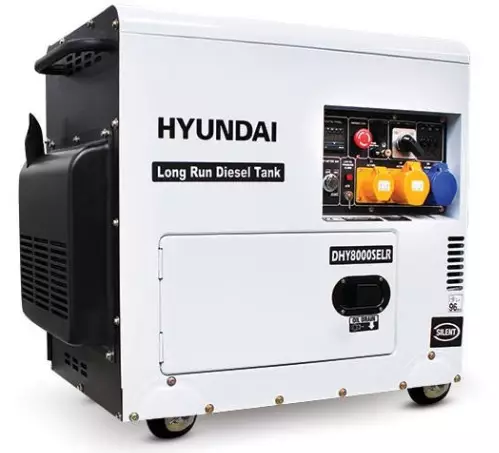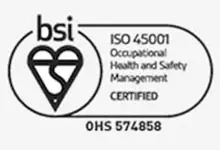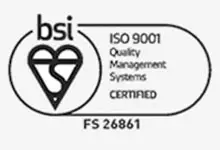Electric Generators: Essential Tips for Safe and Effective Power Backup
Electric generators are indispensable tools for providing backup power during outages, supporting remote operations, and ensuring continuity in various settings. However, their safe and efficient use requires adherence to best practices.
1. Position and Ventilation
Always operate your generator outdoors in a well-ventilated area, away from windows, doors, and enclosed spaces to prevent carbon monoxide (CO) buildup. Place the generator on a level, solid surface, at least 20 feet away from structures or combustible materials.
2. Proper Fueling and Storage
Before fueling, ensure the generator is turned off and cool. Use clean, unleaded gasoline, filling the tank to the recommended level without overfilling. Store gasoline in a cool, dry location, away from heat sources and potential ignition points.
3. Extension Cord Safety
Use heavy-duty extension cords rated for outdoor use and the amperage of connected appliances. Ensure cords are properly grounded, free from damage, and do not create tripping hazards by running across walkways.
4. Matching Loads to Generator Capacity
Avoid overloading your generator by connecting too many high-wattage appliances simultaneously. Consult the owner's manual to determine the maximum wattage the generator can safely handle.
5. Avoid Backfeeding
Never connect a generator directly to your home's electrical system without a qualified electrician installing a transfer switch. Backfeeding can damage your home's electrical system and pose serious safety risks.
6. Proper Maintenance
Regularly check the generator's oil level, air filter, and spark plug. Follow the manufacturer's maintenance schedule for lubrication, tune-ups, and cleaning to ensure optimal performance and safety.
7. Safety Precautions
Do not operate a generator in rain or wet conditions. Keep hands dry when handling the generator or its controls. Always disconnect the generator from appliances before refueling or performing maintenance.
8. Carbon Monoxide Monitoring
Install a battery-operated carbon monoxide detector near the generator to monitor for CO buildup, even when the generator is not in use.
9. Emergency Power Backup
When using a generator for emergency power, prioritize essential appliances like refrigerators, freezers, and medical equipment. Avoid operating high-draw appliances like air conditioners or electric heaters, as they can quickly deplete the generator's fuel supply.
10. Professional Installation
For larger generators or permanent installations, consult a qualified electrician to ensure proper installation, wiring, and safety measures are in place.
Contact Us
For more information or assistance in selecting the right generator for your needs, please contact us:
- Email: info@liftruck.co.uk
- Phone: 0800 458 8025
















